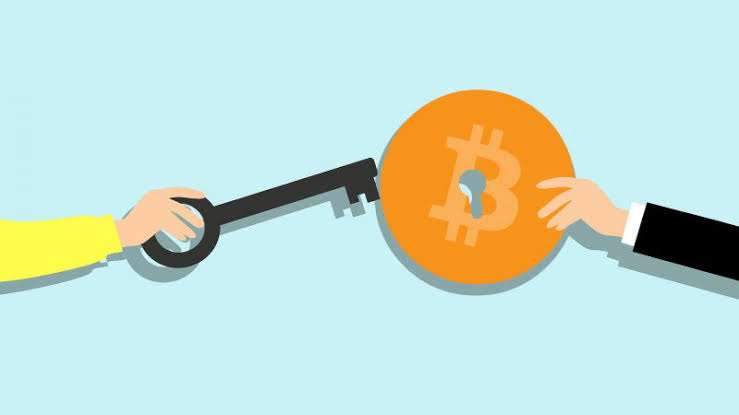The concept of “proof-of-keys”, proposed several years ago, is becoming more relevant against the background of increasing problems with regulators and security among large crypto exchanges. At the end of 2018, cryptocurrency investor and entrepreneur Trace Mayer called on cryptocurrency owners to regain control of their private keys. He linked his proof-of-keys plan to the tenth anniversary of the publication of the Bitcoin White Paper. Mayer called on the Bitcoin community to regain control of its funds, in particular, it was about those BTC that are on exchanges and other platforms. The concept was supported by many community members, including prominent developers. However, there was no “strike”: even if some of the users withdrew their assets from crypto exchanges, it did not affect the operation of large platforms in any way. Five years later, the situation has not changed much — many users still keep their assets on exchanges, regularly facing the consequences of this decision.

Problems of exchanges
In recent months, bitcoin, which is trying to gain a foothold in the region of $40,000 amid expectations of possible ETF approval in the United States, is facing obstacles, mainly caused by infrastructural changes within the industry. Last week, Binance agreed to pay $4.3 billion to the US treasury, a fabulous sum that the exchange will pay within 15 months to complete an investigation into violations of a number of American laws. One of the terms of the agreement was the resignation of Changpeng Zhao as CEO of the exchange, and the US authorities banned him from leaving the country until a court verdict was handed down in February 2024. The attack by the US authorities on Binance did not affect users of the exchange in other countries. However, back in early autumn, Russians faced the departure of the exchange and the gradual transfer of all users and their assets to a new platform — CommEx. In addition, Binance is closing its divisions in other countries where it was not possible to reach an agreement with regulators, for example, in the Netherlands and Cyprus. So far, users have not faced massive problems withdrawing funds from the platform, but the experience of other exchanges hacked by hackers or defeated by regulators shows that using such platforms as an alternative to a personal wallet is unsafe. It is worth remembering the collapse of MtGox, whose creditors will only be able to receive a partial refund of their assets in the coming months, 8 years after the closure of the exchange. The recent bankruptcy of FTX has also left users of the site in limbo and with unclear prospects for a refund period.

Key ownership
Regulators around the world are increasingly tightening the screws on cryptocurrency platforms in the hope of taking control of the industry. This leads to fines, arrests of management and termination of the platforms. In addition, exchanges can be hacked — for more than 10 years of existence in the industry, there are almost no sites that would not face security problems. For example, last week the HTX exchange (formerly Huobi) and the HECO network were hacked for $110 million. The management of the platform promised to reimburse users for all losses. However, it is worth understanding that not all players in the field can do this, and for a site with less liquidity and reserves, such a hack could be fatal. To store crypto assets, it is worth using non-custodial wallets, where the owner knows not only the public key (public key), but also the private key (private key). There are various providers of non—custodial storage solutions on the market, including software and hardware wallets, which, if desired, can be made cold – to ensure that the private key is stored on a separate device without an Internet connection. At the same time, full control over the keys shifts the security issues of the cryptocurrency to its owner, including the choice of storage method and maintaining the purity of the coins.

Own bitcoins — pure bitcoins
After choosing a non-custodial method of storing crypto assets, it is worth thinking about the purity of coins. Any user can become the owner of “dirty” bitcoins, for this it is not necessary to perform operations on the darknet. It is enough to use an unreliable P2P service or an exchanger. Coins with a bad history can be blocked by exchanges when trying to deposit them on the site or sell them. Even if it turns out to prove its innocence to the bad reputation of the crypto asset, precious time will be spent and the potential benefits of an operational sale will be missed.
